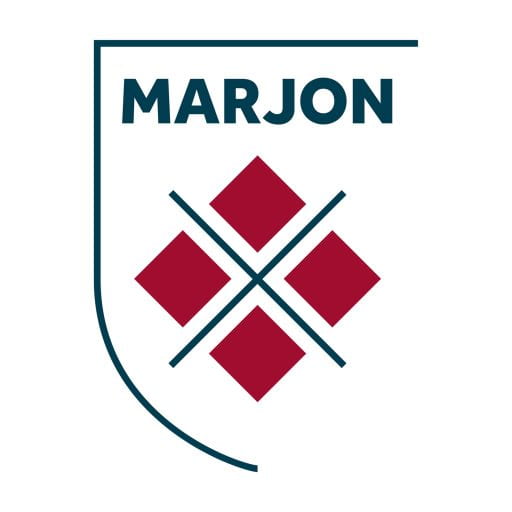What do trees mean to us? Reflecting on the events at Armada Way

The range of sounds as the trees were being felled was striking. The cracking of their barks being severed, the thuds and rattles as they hit the ground, and the noise of tree-felling machinery all made for a sorrowful composition.
Of course, as outdoor educators, we have a particular way of viewing the world. We – lecturers and students alike – strongly believe in the value of nature, our place within it, and the importance of preserving it. What’s more, it is part of our role to enable those around us to develop caring relationships with the environment.
“It probably comes as no surprise that we consider the felling of the trees in Armada Way a sad development indeed.”
George Katsogridakis, Adventure Education & Outdoor Education Lecturer
Two days after the incident, we raised the issue with our students during one of our seminars. To them, the trees symbolised “Plymouth’s rebirth after the Second World War,” “a place of peace and respite,” and crucially, “vitality for future generations.” They were an essential part of the city centre’s environment, providing shelter, vibrancy, and a sense of identity to those who encountered them. Removing them has left behind what seems like a barren landscape in comparison, or as Dom, Outdoor Adventure Education (OAE) student, described it: “a soulless, sun-baked, wind tunnel for the next thirty years.” It is clear to see that, as the trees of Armada Way grew, they solidified their place not only in the soil where they had rooted, but in peoples’ hearts as well.

In total, 37 tree species resided in that particular section of the city, including various types of maple, holly, willow, ash, and more[1]. These were part of Armada Way’s local ecosystem comprising of human-made structures, plants (shrubs, flowers, trees), humans, and other animals (insects, birds, mammals). As the trees grew, matured and changed with each passing season, they provided shelter, a livable habitat for the insects, and through photosynthesis, absorbed carbon dioxide and released oxygen. In other words, they breathed life into this central part of the city, literally and symbolically! How could the people of Plymouth not feel sorrow at the sight of them being felled?
As Oscar, OAE student, astutely said: “trees are emotive for a reason. It is not sentimentalism to be attached to them.”
Having reflected on the events of that night in our seminar, we made sure to also take some time to look forward; to consider what we – as lecturers and students, but also as residents of Plymouth – can learn from everything that transpired. Laura, OAE student, noted how the council “could have worked around the existing wildlife,” with a few other students adding that those in power need to more actively consider the voices of local people in the future.
Chloe, OAE student, seemed to best encapsulate the views of her fellow students when she said that “we need to stop valuing the economy and capitalism at the expense of natural spaces.”
Ultimately, what we ask of those with the power to make decisions about green spaces in cities is that they approach the environment with a greater sense of care. To care for the environment is to value life in its widest sense. It is about being responsible stewards of the land we inhabit. It is about making sure the people that come after us inherit a planet that is livable; one that is vibrant, vital, and diverse.
…and later that night, as those of us who gathered in Armada Way were walking home with the sounds of the tree-felling machines fading in the background, we heard the colourful song of a blackbird. We didn’t know why it was singing, but it reminded us that, despite the sadness we felt at that moment, this is still a world full of life; one that is worth loving; one that is worth caring for. We must start by protecting what we already have.
[1] Strawplymouth.com
Post authored by:
George Katsogridakis
Adventure & Outdoor Education Lecturer
Plymouth Marjon University
